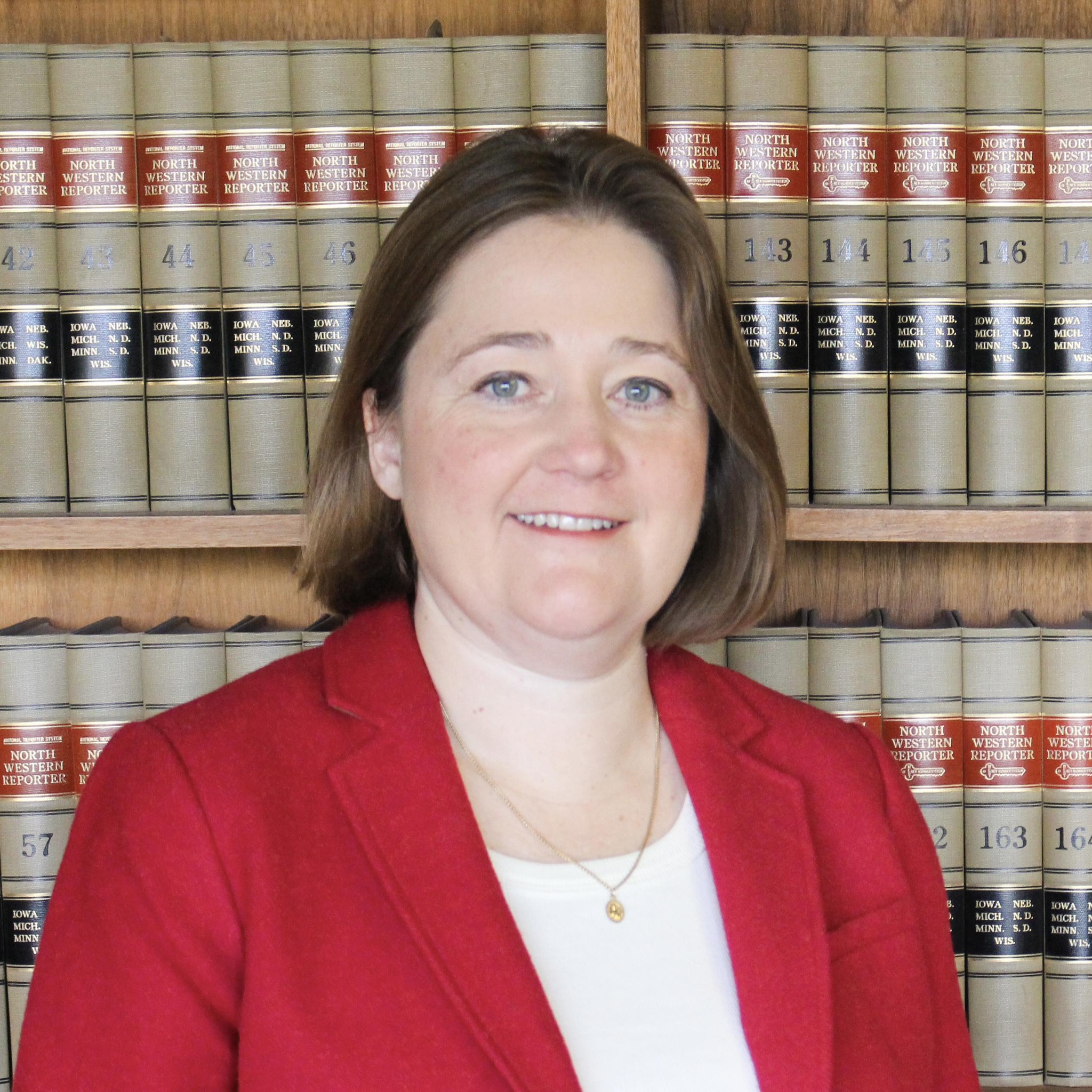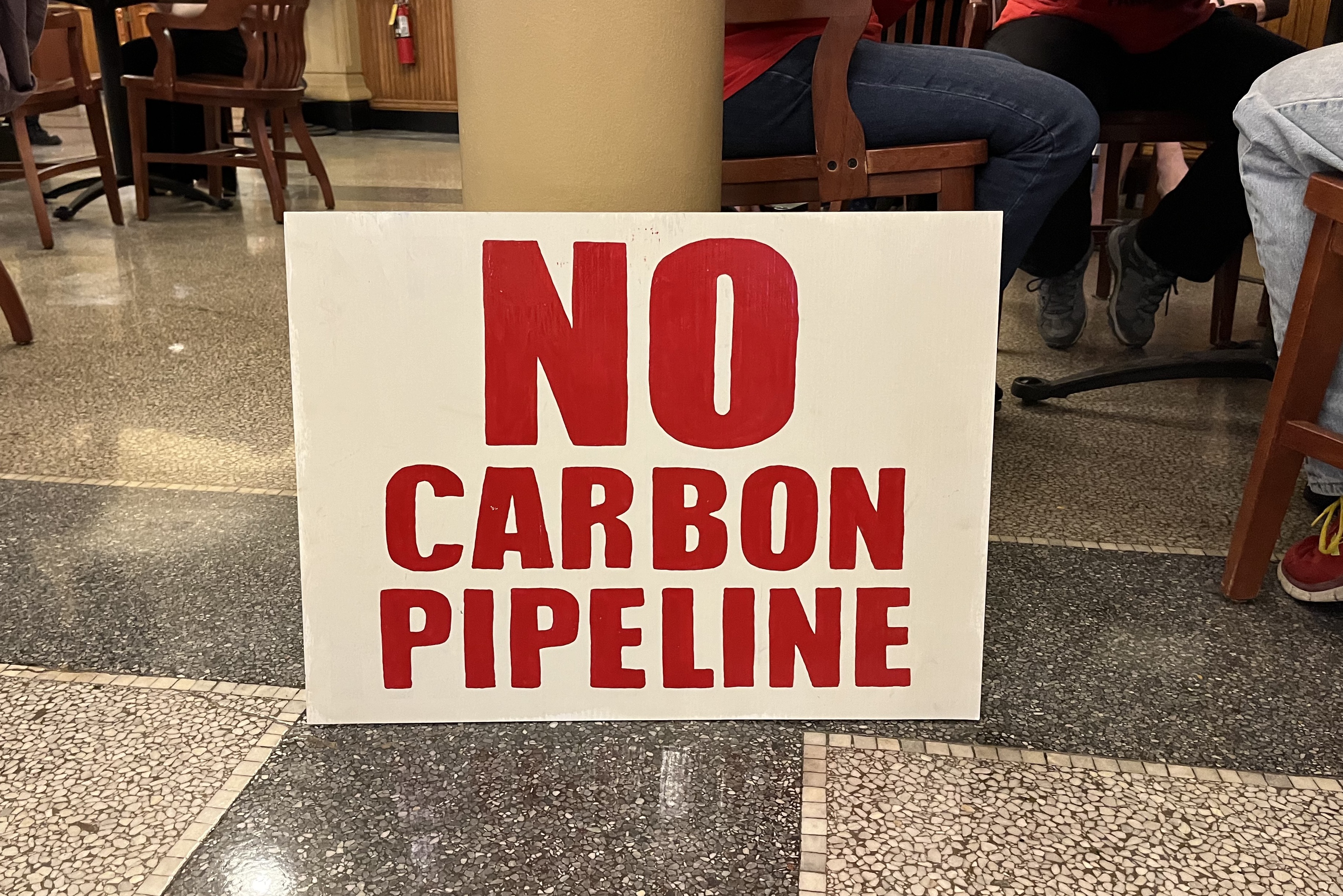Anna Ryon is a Des Moines attorney who practices in the field of utility consumer advocacy. Her experience includes nearly nine years of service at the Iowa Office of Consumer Advocate.
When Brenna Bird was elected attorney general, she took an oath to faithfully and impartially discharge the duties of her office, as state law requires. The official website of the Iowa Department of Justice describes the attorney general as “the state’s chief legal officer.” In that capacity, it is reasonable for Bird to know what duties she is required by law to discharge.
However, Bird’s record suggests she either does not understand all the duties the law requires her to discharge or has simply chosen not to fulfill some of those duties. Her failure to discharge the duties required by law has left Iowa landowners subject to unconstitutional eminent domain and their neighbors subject to the dangers of hazardous carbon dioxide pipelines without the legal representation they deserve.
Continue Reading...




